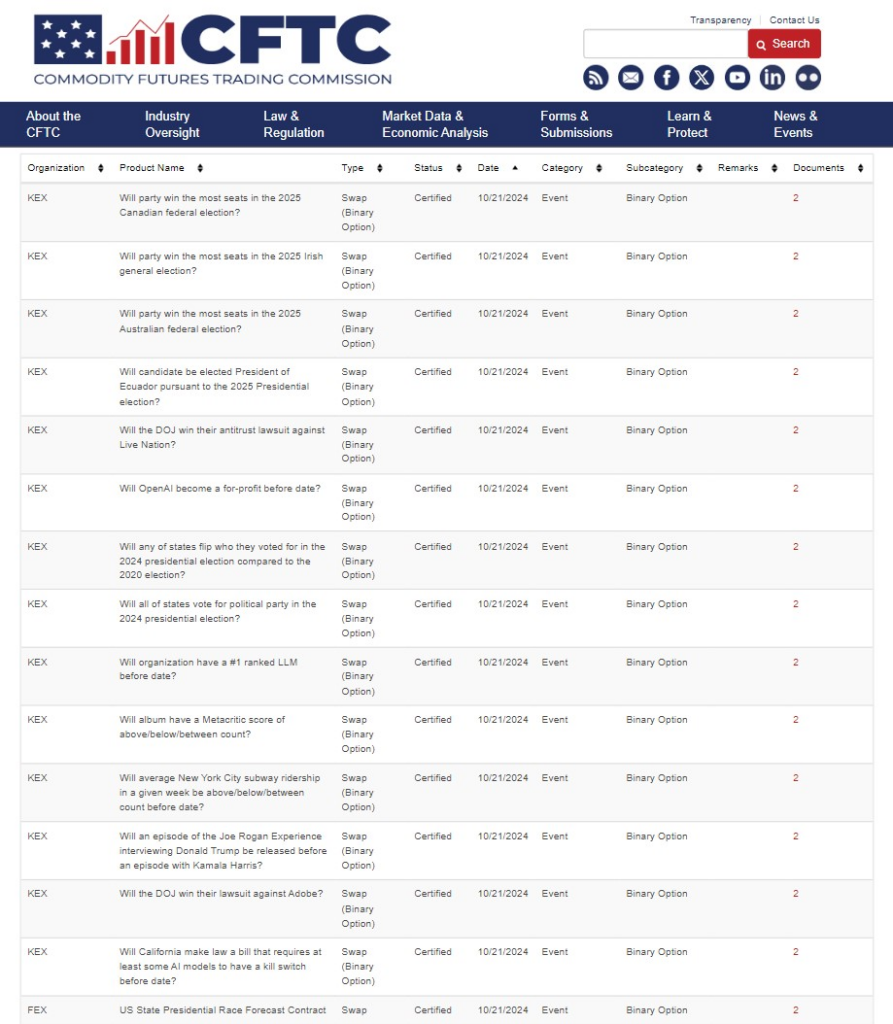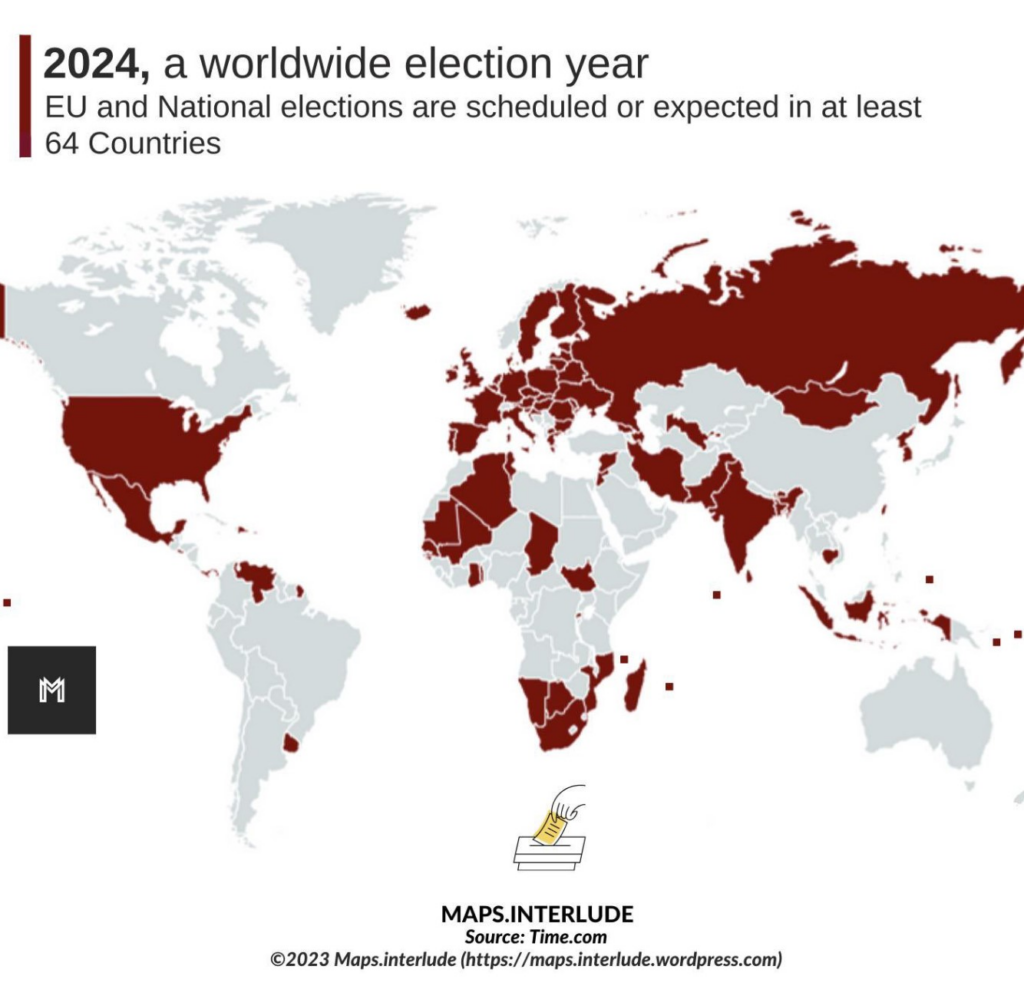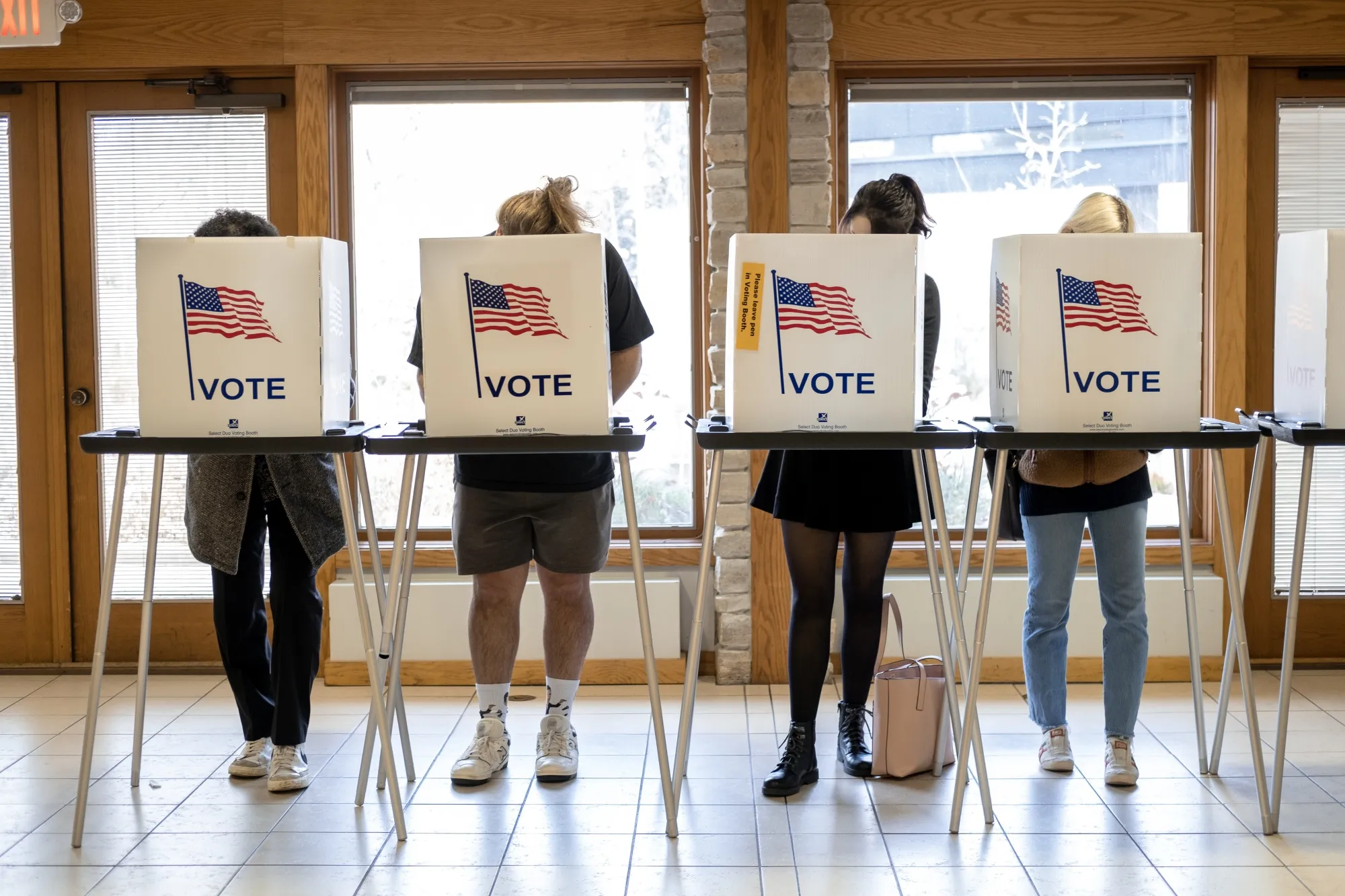Contracts for trading on national elections from Australia to Ecuador have been introduced to the US’s first election betting market by Kalshi.
As political bets surge ahead of the US presidential election in November, prediction marketplace Kalshi has added contracts for betting on election results outside the US.
According to regulatory filings with the Commodity Future Trading Commissions (CFTC), the contracts include national races in nations ranging from Ecuador to Australia.
According to the documents, Kalshi added markets for the 2025 races in Canada and Ireland. They complement Kalshi’s current selection of election betting markets, which already includes over a dozen contracts linked to the results of the next federal elections in the United States.
According to Kalshi’s website, since going live on October 7, their flagship market, “Who will win the Presidential election?” has amassed a total betting volume of almost $52 million.

After winning a historic legal struggle in September, Kalshi published event contracts for wagering on the US election results on October 7.
An election prediction market was allowed to function in the United States for the first time. It will enable Web3 platforms like Polymarket and others to join the battle.
According to its website, as of October 23, Polymarket is betting almost $2.3 billion on the outcome of the US presidential election in November.
According to data from Maps Interlude, more than 75 nations will conduct elections in 2024, including Russia, India, and key economies in the European Union.
In 2025, elections will be held in several other nations, including Canada, Ecuador, Ireland, and Australia.

Although industry analysts claim that election prediction markets like Kalshi frequently better reflect public mood than surveys, the CFTC said they threatened elections’ integrity.
In an August comment letter submitted to the CFTC, Harry Crane, a professor of statistics at Rutgers University, stated, “[E]vent contract markets are a valuable public good for which there is no evidence of significant manipulation or widespread use for any nefarious purposes that the Commission alleges.”



